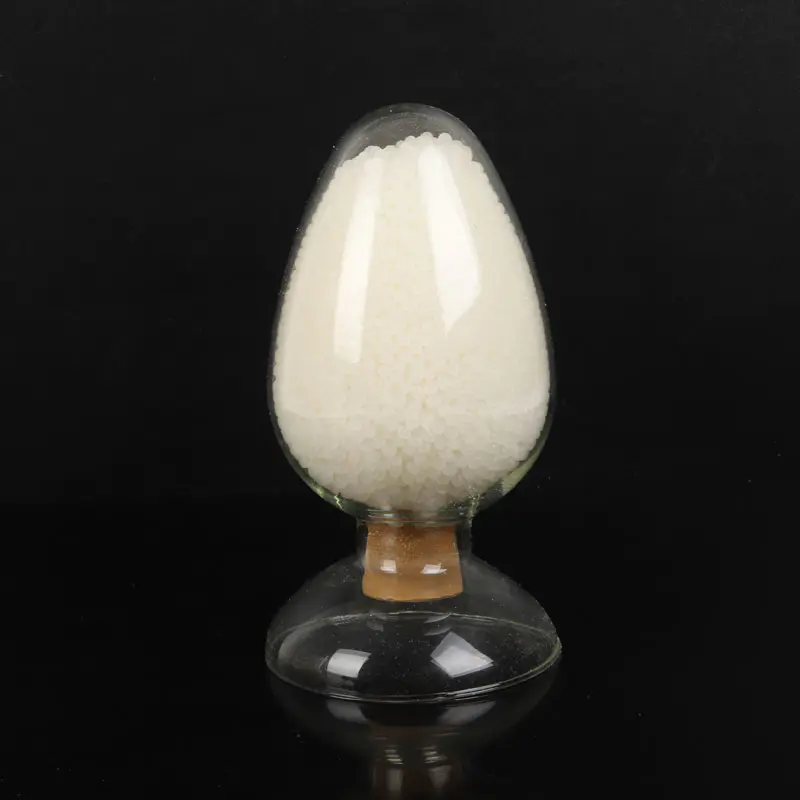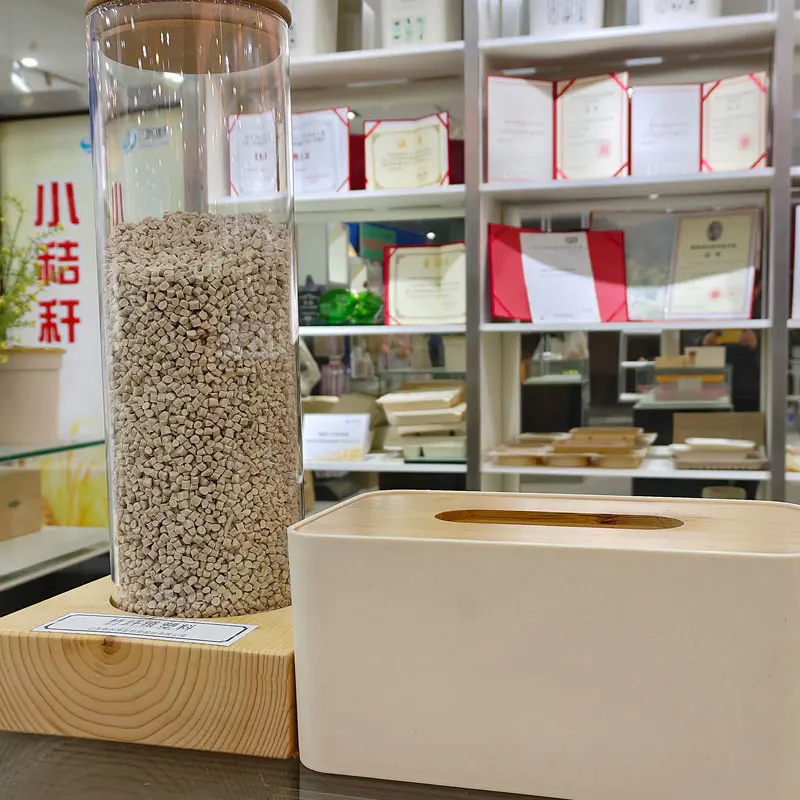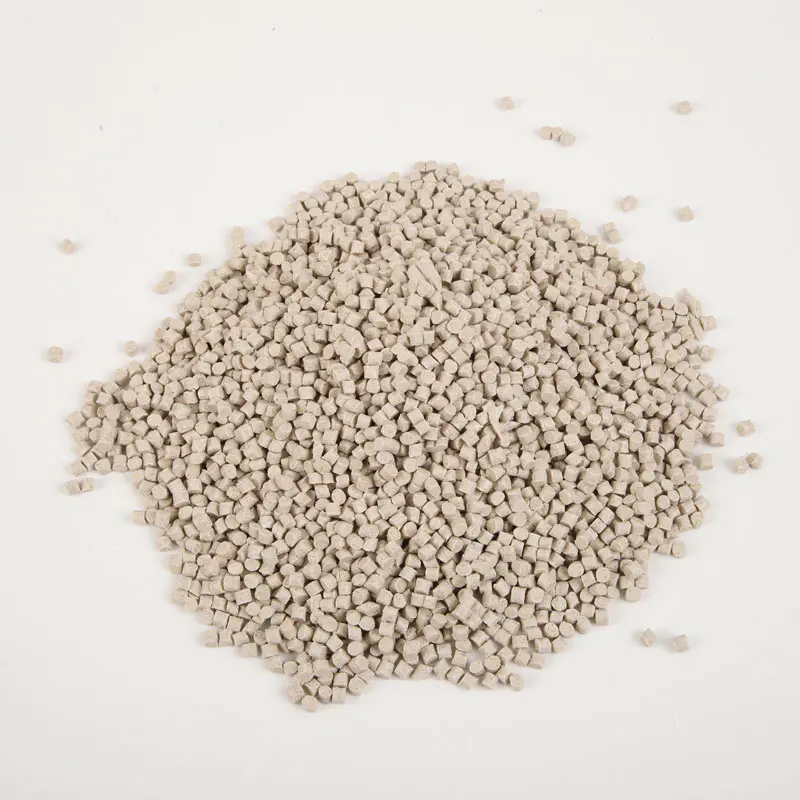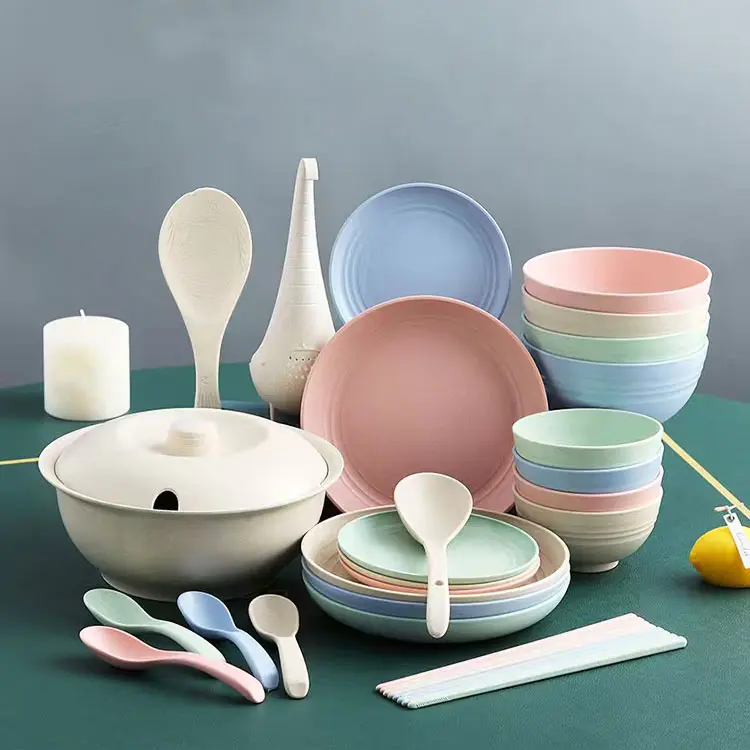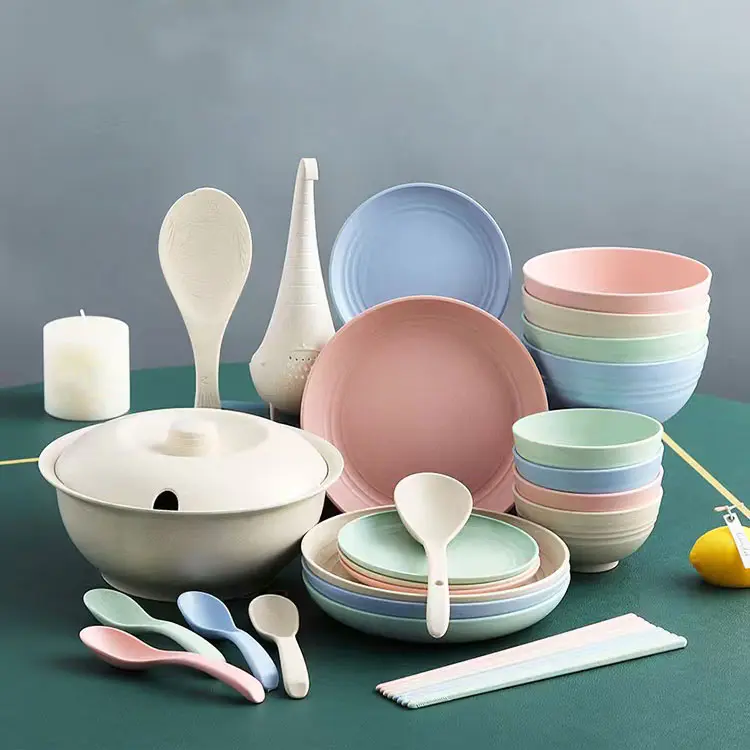What Are Bio-Based Plastics Made From?
Bio-based plastics are becoming more and more popular as an environmentally friendly substitute for conventional plastics made from petroleum. However, what precisely are they composed of? Bio-based plastics are made from renewable biological resources as opposed to conventional plastics, which are made from non-renewable fossil fuels. This blog examines the components of bio-based plastics and their importance in building a more environmentally friendly future.
1. Resources Based on Plants
Plants are one of the main suppliers of bio-based polymers. They supply the oils, cellulose, and carbs required to make polymers. Important plant-based resources consist of:
A typical form of bio-based plastic, polyethylene (bio-PE), is made from sugarcane.
Corn starch is utilized in the production of polylactic acid (PLA), a biobased and biodegradable material.
One source of starch for biodegradable polymers used in packaging and single-use products is potatoes.
2. Cellulose
Cellulose, found in the cell walls of plants, is a key material for bio-based plastics. It’s derived from:
- Wood Pulp: A sustainable source for creating cellulose-based plastics like cellulose acetate, used in films and coatings.
- Agricultural Waste: Residues from crops such as wheat and rice can also be processed to extract cellulose.
3. Vegetable Oils
Vegetable oils are another essential component of bio-based plastics, particularly in the production of polyurethanes and polyesters. Common sources include:
- Soybean Oil: Used in the creation of flexible bio-plastics.
- Castor Oil: Known for its versatility in producing biopolymers.
- Palm Oil: Utilized in certain bio-based plastic products, though it raises sustainability concerns.
4. Algae
Algae is an emerging resource for bio-based plastics due to its rapid growth and high biomass yield. It can produce bioplastics such as:
- PHA (Polyhydroxyalkanoates): A biodegradable plastic made directly by microorganisms in algae.
- Algae-Derived Oils: Used to create bio-polyesters and other materials.
5. Animal Byproducts
Although less common, animal byproducts can also be used to make bio-based plastics. Examples include:
- Casein from Milk: Utilized in historical plastics like galalith and gaining renewed interest for modern uses.
- Chitosan from Shellfish: A biodegradable material used in packaging and medical applications.
6. Waste Products
Industrial and agricultural waste is becoming a valuable source of raw materials for bio-based plastics, offering a circular solution to reduce waste. Examples include:
- Food Waste: Leftovers can be processed into biopolymers.
- Used Cooking Oil: Repurposed for bio-plastic production.
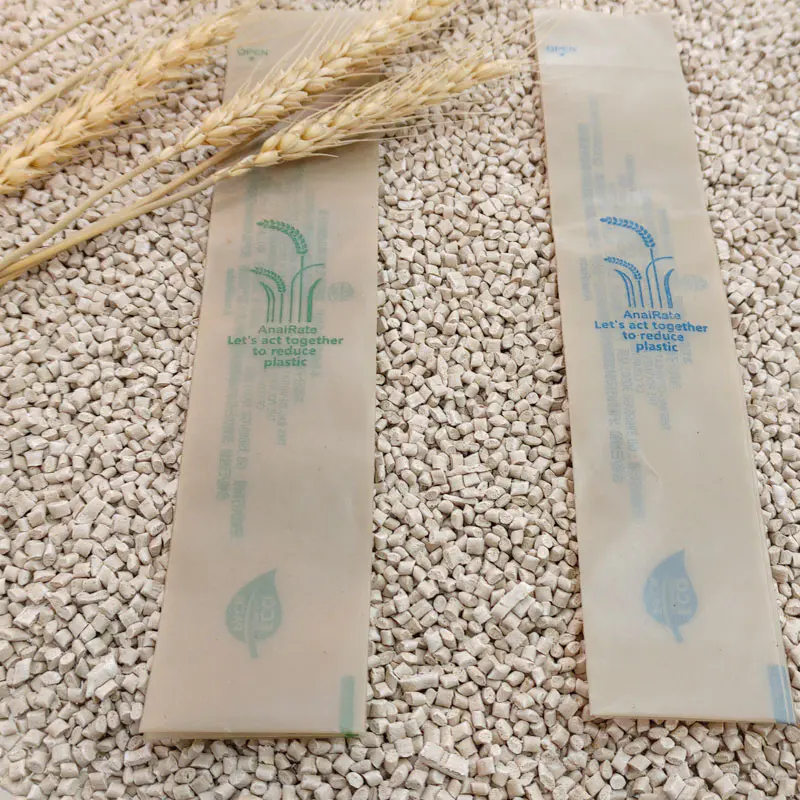
Advantages of Bio-Based Polymers
1. Renewable Resources: Lessens dependency on fossil fuels that are limited.
2. Reduced Carbon Footprint: During production, a lot of bio-based plastics produce fewer greenhouse gas emissions.
3. Various Uses: Fits well with medical equipment, automobile components, packing, and more.
In conclusion
One encouraging step in lessening the impact on the environment and switching to more sustainable materials is the use of bio-based plastics. They demonstrate how renewable resources can take the place of conventional plastics because they are made from plants, algae, and even waste materials. To optimize their advantages and overcome obstacles like cost and scalability, however, ongoing innovation and prudent resource management are necessary.
We can better appreciate bio-based plastics' contribution to a more sustainable future if we know what they are comprised of.
On the cutting-edge track of bio-based plastics, Jiangsu Jinhe leads the industry and participates in the drafting of the "National Standard for Straw Bio-based Plastics", always leading the way with excellent quality. Our bio-based plastics come in the form of fine powders with small, narrow particle sizes and unique shapes.Visit our website at www.bio-based.cn to learn more about our products. For inquiries, you can reach us at vena@bio-based.cn.
- What Makes Starch-Based Plastic the Future of Sustainable Materials?
- What Makes Straw Fiber Plastic the Future of Eco-Friendly Materials?
- What Makes Bamboo Fiber Plastic the Future of Sustainable Material Innovation?
- Why choose Bio-Based Plastic for Sustainable Materials?
- What are the functions of Sustainable Coffee Grounds Plastic?
- What is the Difference between Sustainable Bamboo Fiber Plastic and Regular Plastic?







